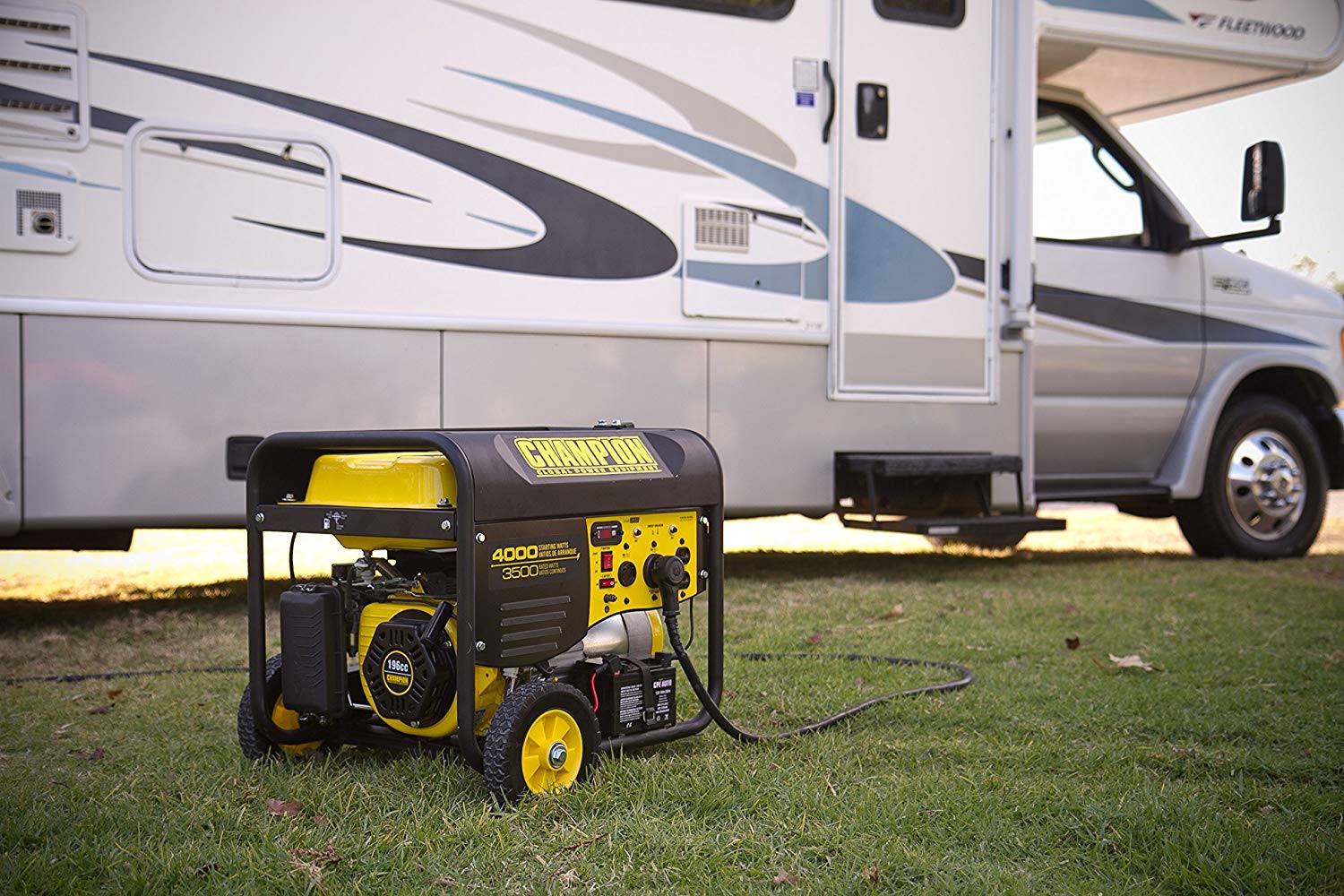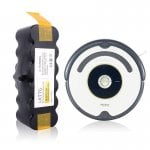Are you looking for the best generator for your travel trailer? Whether you’re headed on a road trip, or getting a trailer to call home, it’s important to choose a generator that suits your needs. With the right RV generator, you won’t have to worry about power consumption.
Here, I will guide you how to choose the best generator for your RV with insights on some of the most important features.
I won’t just be recommending brands and models that are among best-selling. I will talk about how these generators work by giving you some tips to help you select the best one on the market.
Once you get to the end you’ll learn some new things that will help you in your pursuit for the best generator.
Why Should You Buy An RV Generator?
The RV life is a wonderful opportunity for people to explore the world in a way most people can only dream of. Modern RV’s are equipped with many features making it a cozy experience and providing the comfort of day-to-day living while traveling.
Said comforts often come in the form of appliances and electronics, which require current RVs simply can’t provide on their own.
While camping sites with access to electricity can be found all over the country, it’s impossible to determine with 100% certainty when you’re going to find one and whether or not you’re going to need access to electricity in between one campsite to the other.
Also, if you’re bound to camps with electricity, you can’t visit astonishing places nature has to offer.
As a result, arming yourself with an RV generator is a choice few RV-ers can’t go without making. The question is, how do you choose the best model?
Finding the right generator for your RV is not an easy task. With so many companies, models and features available for you to choose, it’s easy to feel overwhelmed.
Whenever looking for a new RV generator, it’s important to look past all the information thrown your way and focus on what’s important: What kind of generator suits your needs? While portability is surely a necessity when it comes to RV generators, there are other things you should keep in mind, such as:
- What kind of generator is it?
- How much space will it take?
- What kind of fuel will you use?
- Whether it’s a quiet generator or not?
- Your budget
There’s no easy answer when it comes to “What kind of generator covers my needs?” because every person needs unique things. However, I hope this guide will help you make the process of deciding a bit easier.
Essential Things To Consider
This review will cover what you need to consider when selecting an RV generator, as well as a brief look at what I believe are the best five generators in the market.
Let’s get started!
1. Type
There are two types of RV generators, both of which have their own pros and cons.
- Traditional Generators: These work on gasoline, using your RV’s fuel supply to power up your mobile home. They do this by running a motor at a constant 3600 RPM, which means you’ll get a lot of power from them. These generators are also more affordable.
- Inverter Generators: This kind of generators use modern technology to output AC, then convert it to DC, then invert it back to AC. While the process sounds complicated, what you need to know is that Inverter Generators produce ‘high quality’ energy (such as the one you’d use at home) while consuming less fuel.
2. Portability
Let’s face it; RVs can get cramped, so you want to make sure you’re not wasting space. Finding a generator that can fulfill your needs and still be practical is important, mostly if you’re traveling on your own.
- Conventional generators tend to be large, heavy and bulky. They tend to come encased in a metal frame for protection, which means that while sturdier, they’re not exactly easy to handle.
- Inverter generators are considerably smaller and lighter (some of them weighing from 30 to 50 pounds) which makes them a great option for those living on their own or experiencing mobility issues. Their small size is often due to their plastic casing, which makes them a bit more delicate than some would like.
3. Efficiency
Efficiency depends on the size of the fuel tank. Larger the tank, the longer you’ll be able to keep it running.
Efficiency also depends on the amount of appliances you’re using at the same time. The more electrical things you’re using the faster you’ll go through your fuel reserve.
That said, this is where the conventional vs. inverter debate gets heated:
- Conventional generators have longer working times, which mean they can power up things longer. However, they work by generating a constant electric current. This makes them less energy efficient, as they will keep using fuel to power up things, regardless if you’re powering up large (like your fridge) or small (like a hair dryer) appliances.
- Inverter generators run for shorter amounts of time, as they’re smaller and can’t hold much fuel. These were created to self-regulate, though, which means they generate as much power as it’s needed. This makes them more energy efficient, as they will determine how much fuel they need to use to keep things running smoothly.
4. Power Output
Generators come in many sizes and capacities, what size generator for travel trailer? and this should be your primary concern when it comes to choosing the right generator.
Who cares if you picked conventional or an inverter if your ‘lucky winner’ doesn’t generate enough electricity to power up your home on wheels?
Conventional generators can produce from 500 to 50,000 Watts, making them a fantastic option for those looking to power up a lot of devices or those looking to always have power.
Inverter generators are more modest, as they’re usually available in the 1000 to 4000 range. They may not pack as much power, but they generate “high quality” energy unlike the one you use at home.
This kind of generators might not be able to power up a lot of things at the same time. They’re a better option if you’re handling delicate electronics, such as computers, TVs, video game consoles etc.
5. Noise
Whether you decide to live in campsites, surrounded by neighbors or off the grid, surrounded by nature, noise is something you should always consider. After all, you want to go through your day without a noisy motor disturbing you.
Conventional generators are generally louder, as they were built to generate the same level of energy the entire time they’re working. This means you’ll encounter a constant noise exposure, no matter what.
Luckily, sound-proof casings can be bought and placed around the generators, reducing the noise they make.
Unfortunately, these make the entire generator even larger and heavier, so they’re not a good option if you’re looking for convenience.
Inverter generators are smaller and are often built with some sound-proof technology which makes them quieter than the conventional ones.
6. Fuel
All RV generators run on fuel, but not all generators use the same kind. Since generators run on the same fuel as your RV, you want to make sure they’re compatible before you go and spend your money.
- Diesel: This kind of fuel is ‘cleaner’ and produces more energy than other.
- Liquid Propane: This fuel has the advantage of having a longer shelf life, which means you can store it for longer. However, it produces less energy than other types of fuels.
- Gasoline: This fuel is cheap and easy to find. However, it burns faster than diesel and propane, which means you’ll have to buy it more frequently.
7. Power
Despite what you might believe, there’s no such thing as “too much power” and having such thing in the context of an RV can be disastrous.
Likewise, not having enough power will cause you some troubles. Before choosing what kind of generator you’ll get you need to go ahead and count all your appliances, as well as the amount of volts they use.



